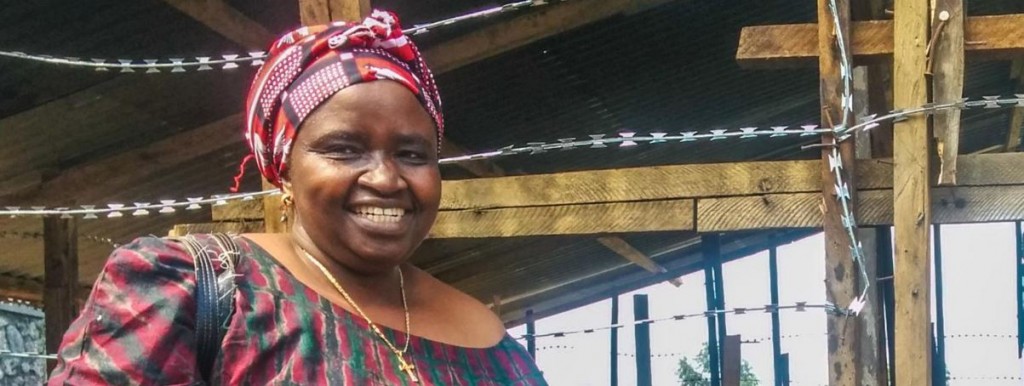When Justine Masika Bihamba took to the airwaves of eastern Congo to denounce the notorious warlord known as “the Terminator,” she knew she was risking her life.
She publicly called in March 2012 for the arrest of Bosco Ntaganda, a rebel leader of Joseph Kony’s ilk, a tall, ruthless man with a pencil moustache and a penchant for cowboy hats. Ntaganda is now on trial at the International Criminal Court (ICC) in The Hague, accused of war crimes on 13 counts, including torture, sexual slavery, recruiting child soldiers, and murder.
It was the long list of the Terminator’s alleged crimes against women, though, that Mama Justine —as the smiley but formidable women’s rights activist is known in war-torn North Kivu — knew by heart. Because of Ntaganda and the bands of armed men running riot in eastern DRC, her home was one of the most dangerous places on earth to be a woman.
Ntaganda ordered soldiers in his rebel group, the M23, to systematically rape women in horrific ways — to terrorize the local population in a region he wanted control of and to keep his men’s “morale high,” according to ICC prosecutors. Bihamba, however, is the co-founder of Synergie des Femmes pour les Victimes des Violences Sexuelles — a large anti-rape coalition which has been internationally recognized for helping thousands of women destroyed by these attacks. And she is not a person who could remain silent.
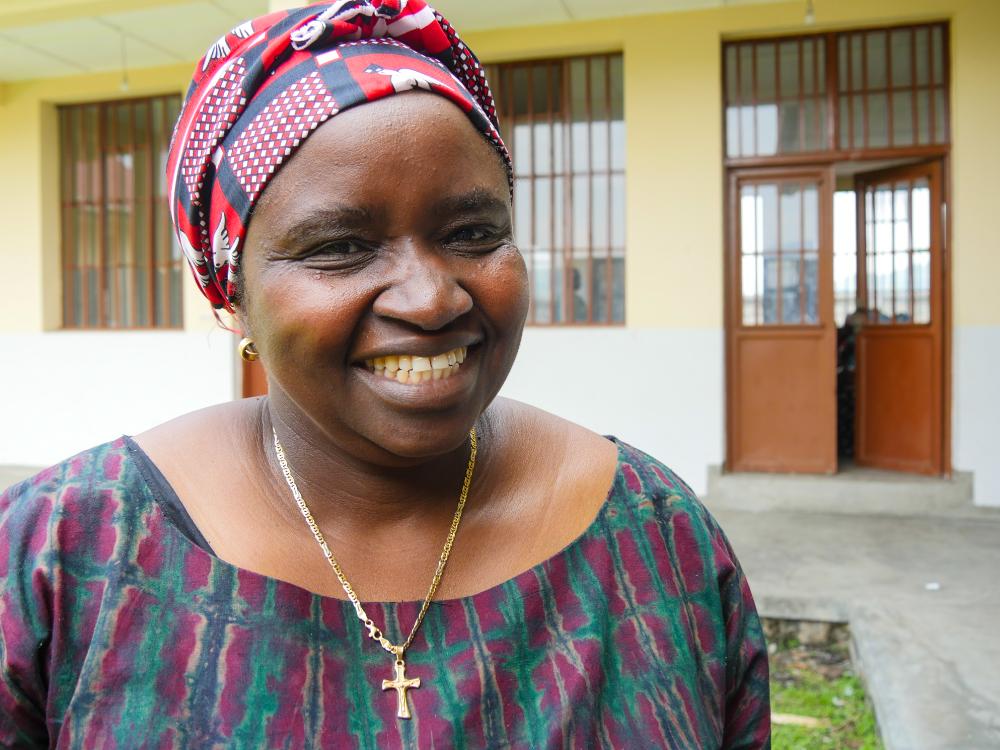
Thanks to Bihamba, 49, and a small but fearless group of female activists, the international community now knows about the plight of women in the DRC, where hundreds of thousands of women are raped every year, where mass rapes by the army are often reported but rarely prosecuted, and where locals claim babies are now being targeted. It has become an issue du jour, with star power lent by the actor Ben Affleck, by Michelle Obama, who in June announced a 180 million pound ($276m) US-UK partnership to fund girls’ education in the DRC, and most of all by Angelina Jolie.
Last year, along with British politician William Hague, Jolie hosted an expensive, much-lauded summit in London aimed at preventing sexual violence in conflict. Since then, however, the number of prosecutions for rape has gone down while funding for victims is drying up, according to Congolese organizations working on the ground.
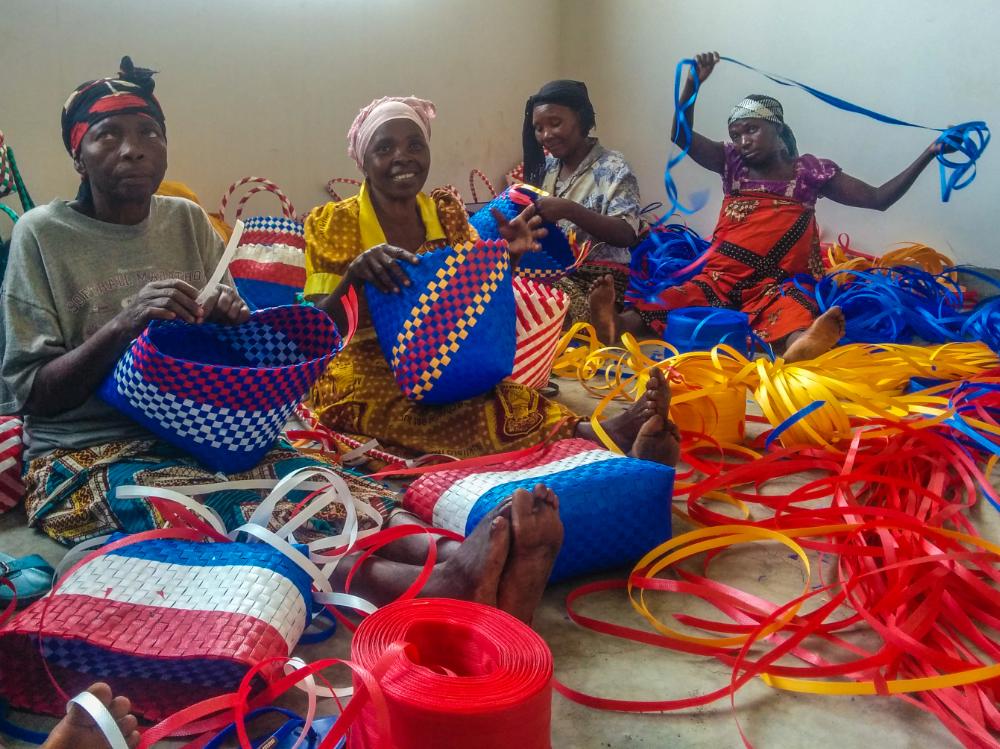
Women make baskets in Bihamba’s center for sexual violence survivors at a refugee camp
After Bihamba’s infamous broadcast, the Terminator’s men announced they were coming for her and she had to go into hiding abroad. It was only a year later in mid-2013, when the M23 split and a frightened Ntaganda handed himself in to the ICC, that she was able to return to her work at Synergie, in her verdant but violent home country.
The M23 was defeated and Ntaganda is now facing a trial that could last two years. But the Kivus region of eastern Congo is still overrun with violent rebel groups and corrupt soldiers who regularly commit atrocities, and rape victims still pour through Synergie’s doors.
“I blame all the actors,” Bihamba said, picking her way over the black volcanic rock of her center for raped women in a refugee camp, to a pig pen where she breeds and sells piglets to help fund her work.
“The multinational companies just exploiting our country for minerals by supporting wars, our neighbors who fuel the wars so they can get our minerals as they don’t have them in their countries — Rwanda, Uganda, and Burundi. And the Congolese political leaders, who let impunity continue.”
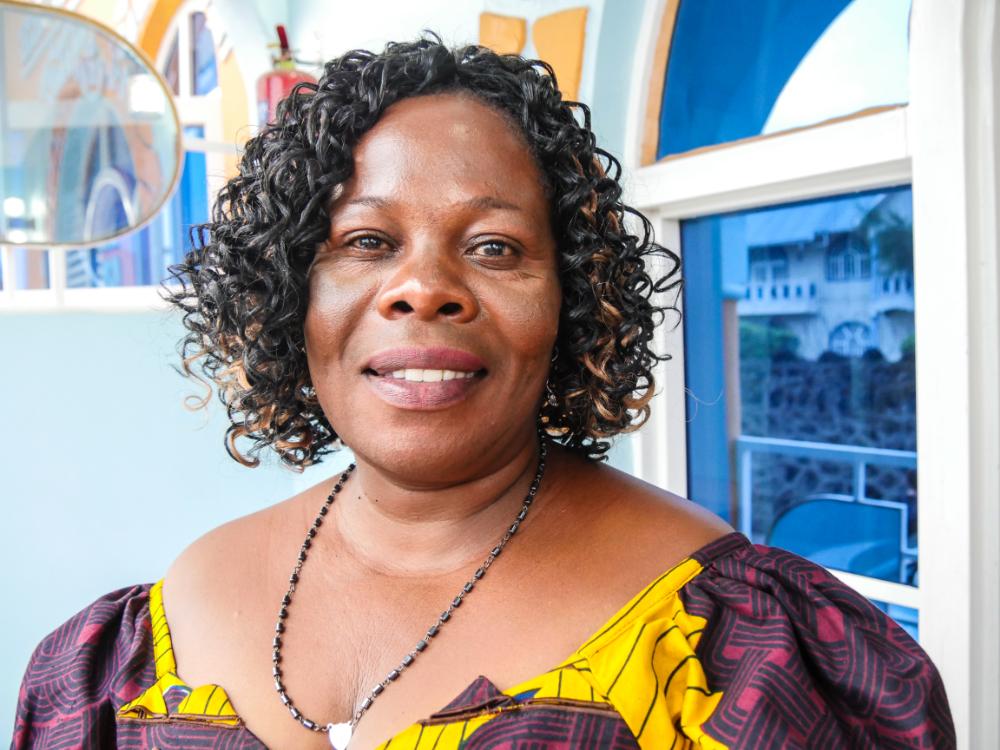
The international community, with its rape summits and initiatives, “is just mocking Congo” and not trying to find lasting solutions to a scourge that it could have prevented in the first place, according to Solange Lusiku, an editor and activist who has won international awards for her bravery.
“The international community is like a monster whose face you cannot see,” said Lusiku, who work has seen her receive multiple death threats and suffer an assassination attempt in her own home.
“It’s the international community that allowed Rwandese refugees to enter Congo with weapons in 1994,” she continued. “Since then, we have suffered. Before that, there were no massive rapes. We didn’t hear about people being killed in their homes every day. Now, we do hear about it, and the international community is silent… They’re not trying to find a solution.”
Despite the attention, the proliferation of NGOs, and the $10 billion poured into the UN peacekeeping mission for the past 16 years, nothing has changed, according to a band of Congolese women who have decided to take matters into their own hands.
They believe the only way is to get women into power.
“We support the women who have political ambitions, because we’ve noticed that if women are not there, nobody advocates for them,” said Bihamba, adding that in the most recent regional development plan, the local parliament “accidentally” forgot to include anything on women.
In the region of North Kivu, only one of the 42 MPs is female. In DRC as a whole, just 9.4 percent of MPs are women. Determined to change this, a host of women in North Kivu have announced they are running in upcoming provincial elections, some of them rape survivors themselves.
With a fraction of the funding that is given to male candidates, and facing constant hostility and abuse amid a highly patriarchal society — “people think of us as prostitutes,” was a common refrain — these women are driven by the horrors they have seen.
Berthe Mapendo, 54, decided to go into politics when one day she visited her home village in Masisi and found it completely gone — it had been burnt to the ground, and the terrified villagers had fled.
“I felt I had to work for the reunification of communities,” Mapendo, who is running to be Masisi’s MP, said. “Most of the wars started in my territory, so the people have become very vulnerable. My people are expecting a lot from me.”
Meanwhile Georgette Nshobole, 30, could not hide her anger that male politicians had barely even tried to use their influence to protect women. “The majority of men have failed in politics,” Nshobole, a candidate for the city of Goma, said. “They haven’t made anything better. My vision is to change things. I dream of a society where rights are guaranteed. I want justice.”
Their ideas — ensuring a reliable food supply to stop the stream of young men joining rebel groups just in order to eat, and building roads to help local people get their goods out and earn a small living — are simple solutions, but could make an enormous difference to people who currently receive nothing from their government.
Neema Namadamu, an activist dedicated to convincing women that they are not second-class citizens, set up a free internet cafe for women to help them connect with people in countries where men and women are have greater equality. The plaudits she has won for her work secured her a place next to Jolie and Hague at last year’s summit, but she said that absolutely nothing has changed in the year since.
“I went to the summit, but I’m tired of it,” she said. “They only talk, talk, talk, to get money. Nothing is coming out of it. It was like a show.”
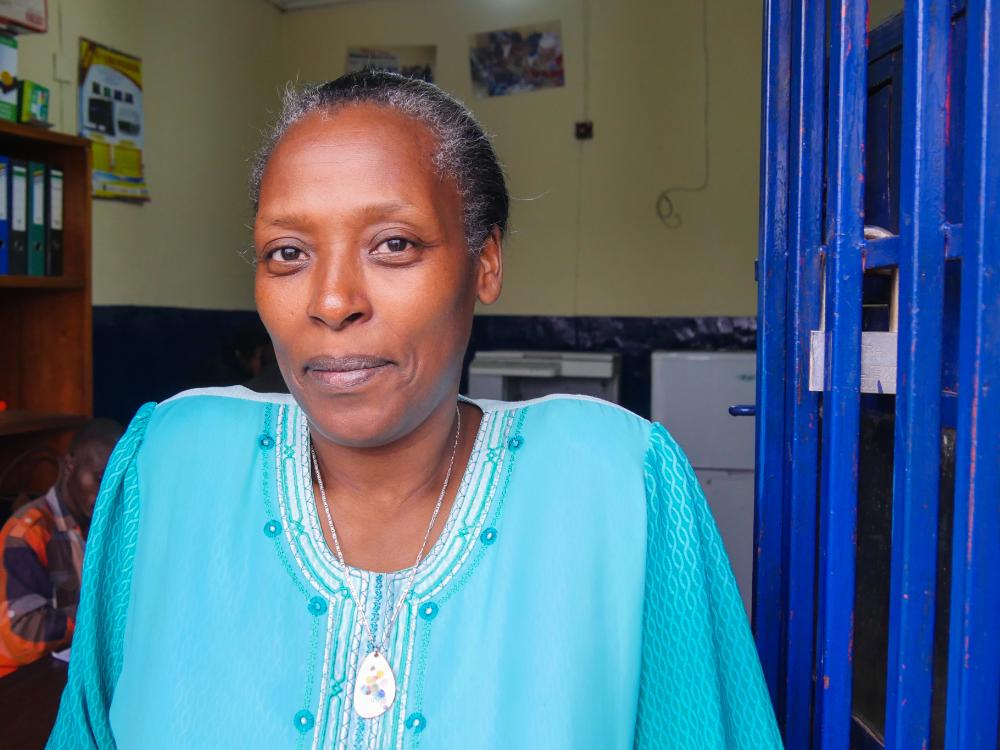
Namadamu claims that the international NGOs work within a “mafia system,” where the very perpetrators of rape are the ones running organizations that purport to stop it, collecting millions of dollars from foreign donors all the while.
“Men say they’re going to stop rape, but it’s just a kind of business,” she said. “They use our bodies to get money. This thing about Congo being the rape capital — people use that to get money, and the system continues. All of the international NGOs [are] working in that system.”
There are also restrictions on the money that have devastating consequences for the women it is supposed to help. The US, a major donor in Congo, will not allow its aid money to go towards helping raped women terminate pregnancies, even though it is their right under international humanitarian law.
This ban leads to other donors — including Britain — avoiding the issue. Abortion is illegal in the DRC, and these things together mean there are thousands of unwanted and suffering children.
Along with many community leaders in Congo, Bihamba thinks raped women should be allowed to have safe, legal abortions if they want to.
“A human life is lost every day through backstreet abortions,” she said. “It’s a real problem when children who are the product of rape are not accepted. We’ve had endless discussions with religious leaders, who recognize that it’s a big challenge, but the solution that they always put forward is to look for host families for the children far from their surroundings — something I think is insane.”
Despite her run-in with the Terminator, Bihamba continues to speak out — but her next fight, rather than with one very dangerous man, is with Congolese men as a whole — starting with President Joseph Kabila.
“He’s supposed to provide security for all us Congolese, and work for our well-being,” Bihamba said. “But he doesn’t really care about women. He’s just laughing at women. It’s his character, it’s his way of being — not considering women.
“It’s not just him. Our customs and traditions consider women to be inferior to men. So we have to work with their keepers. We have to break the culture, we have to break the tradition. The fight is hard.”

